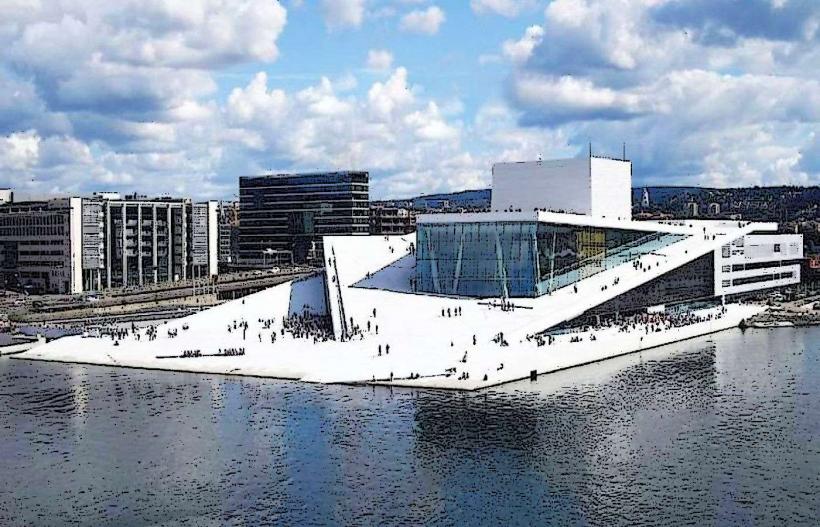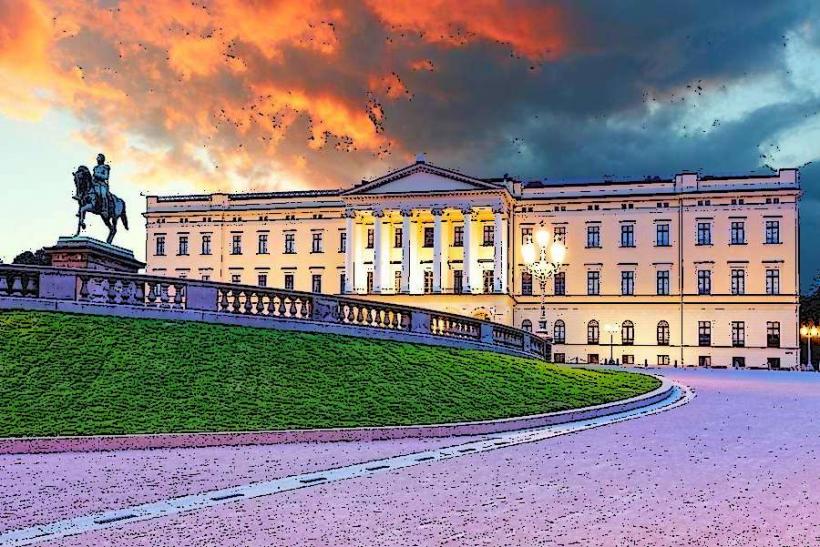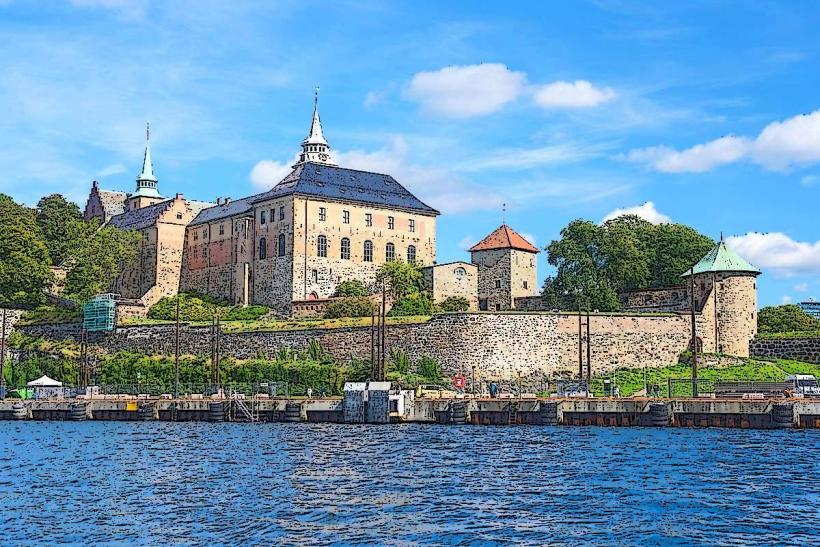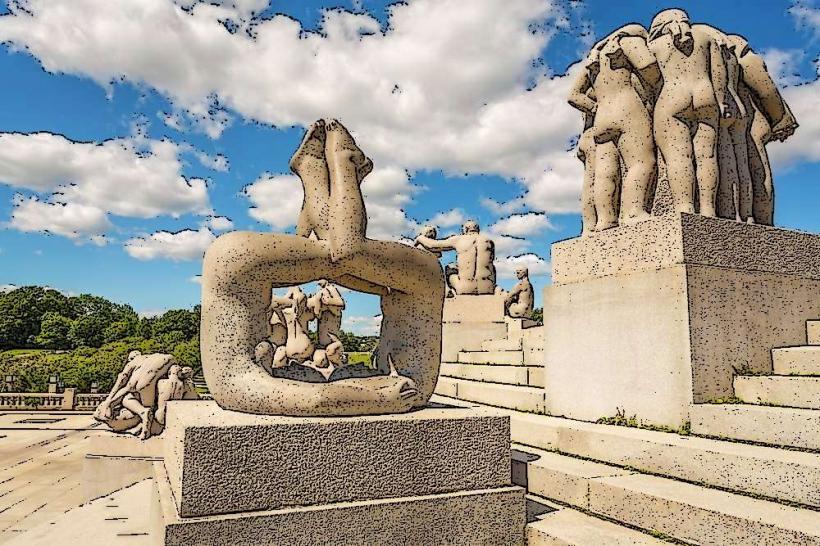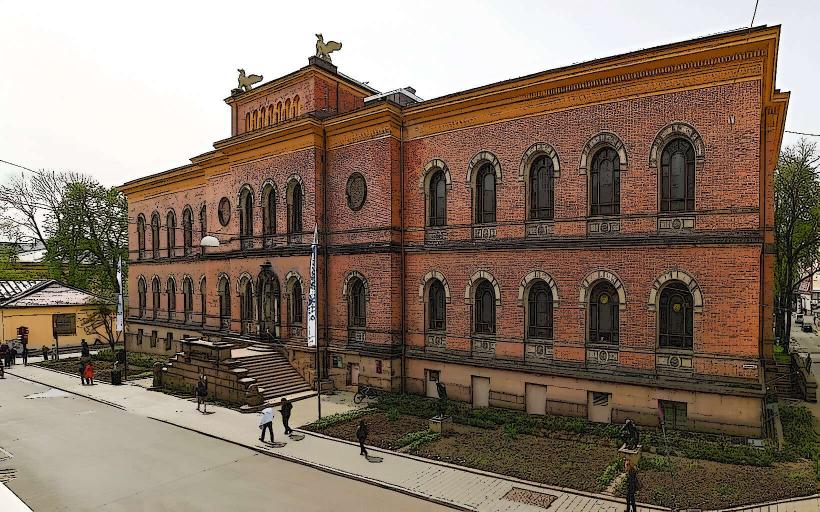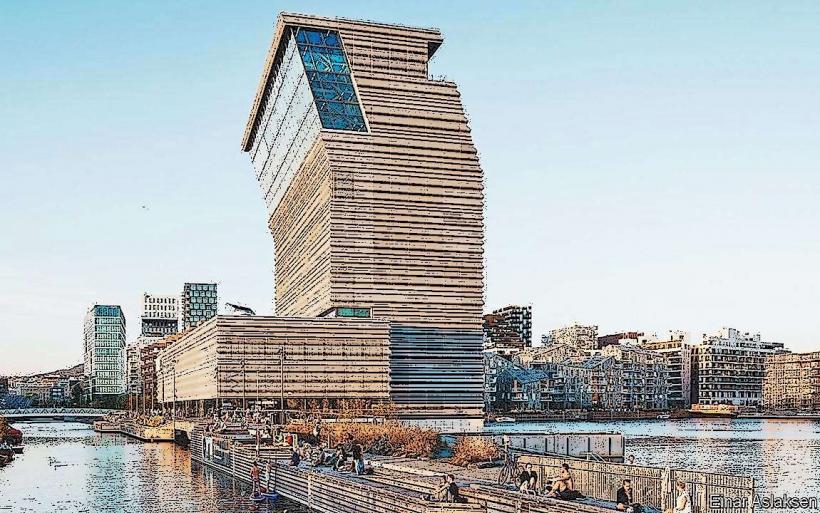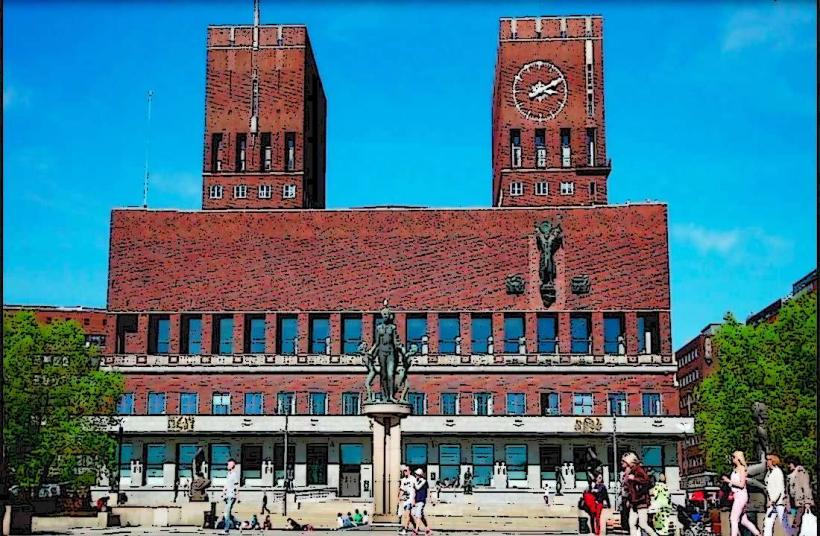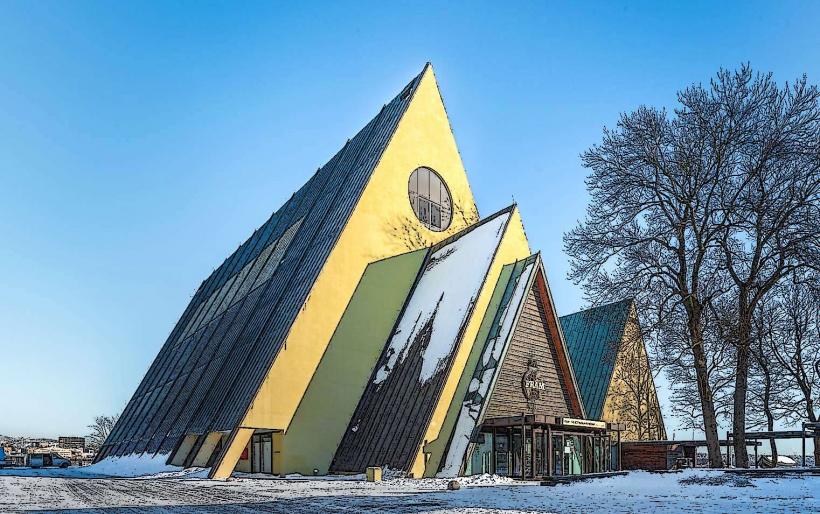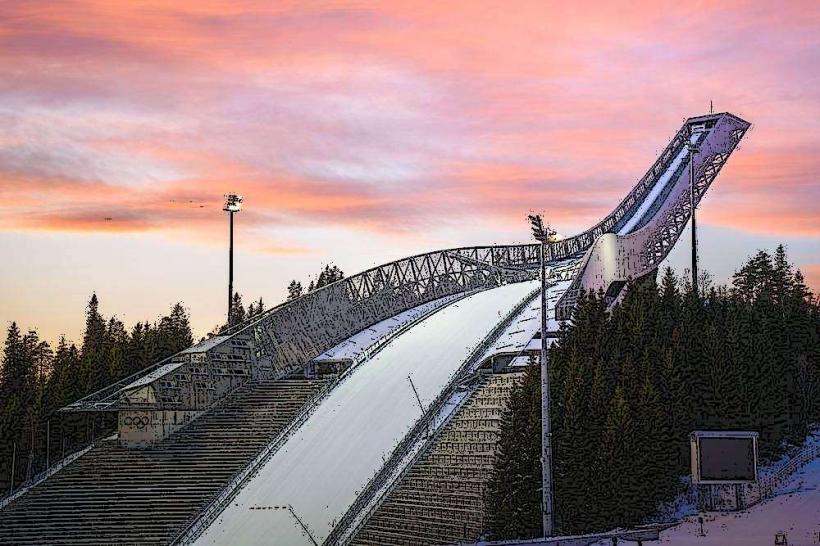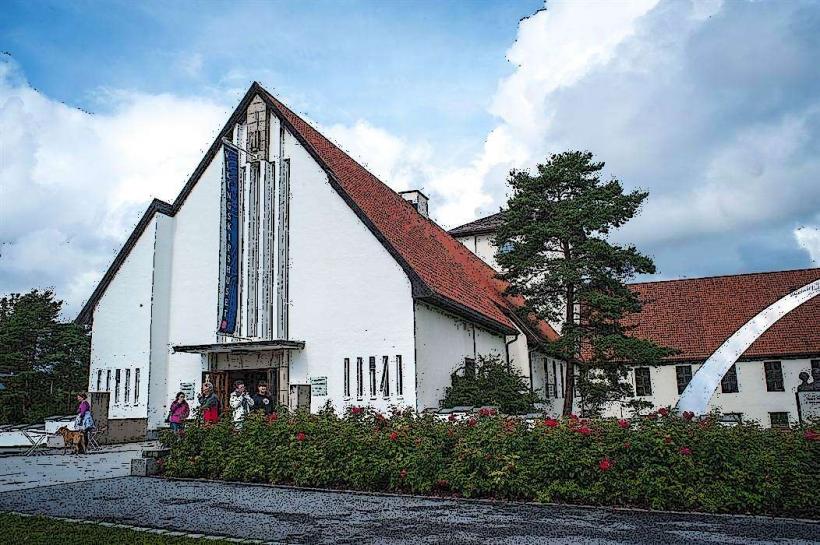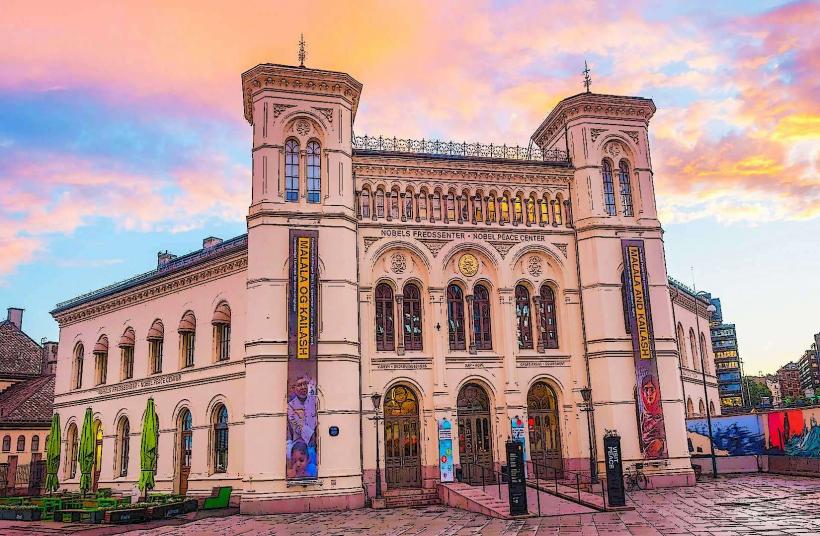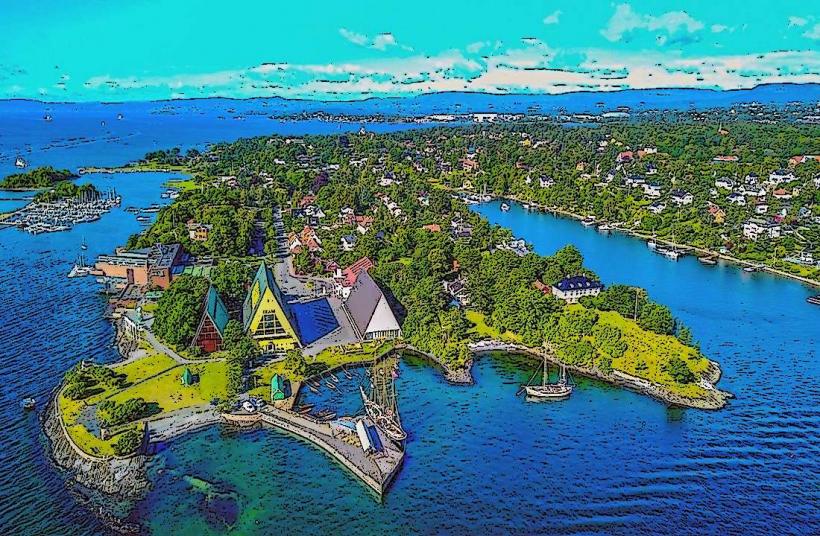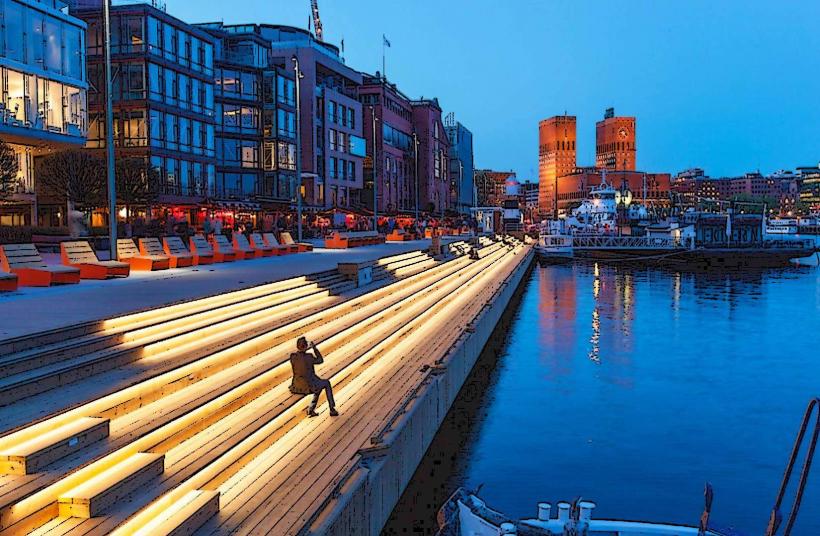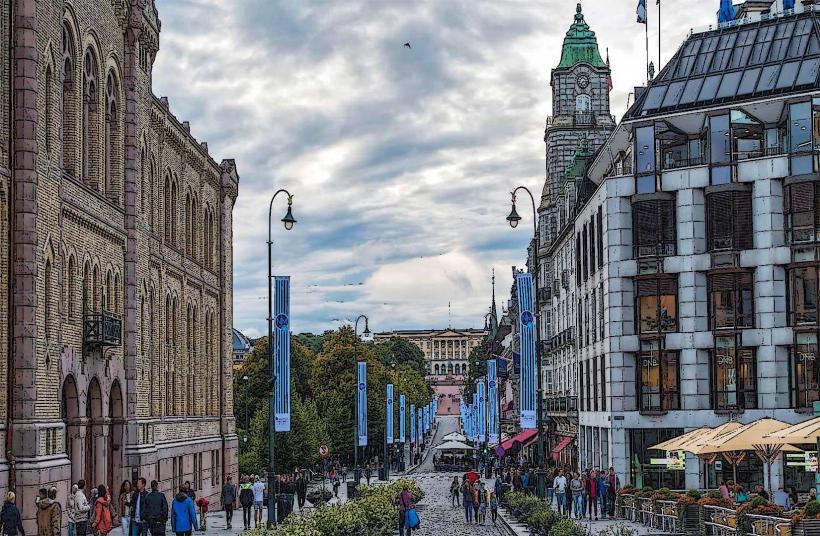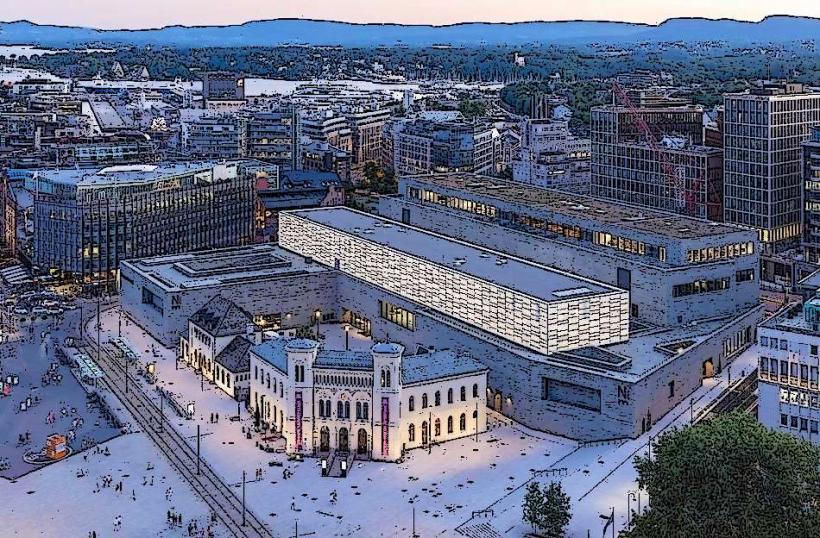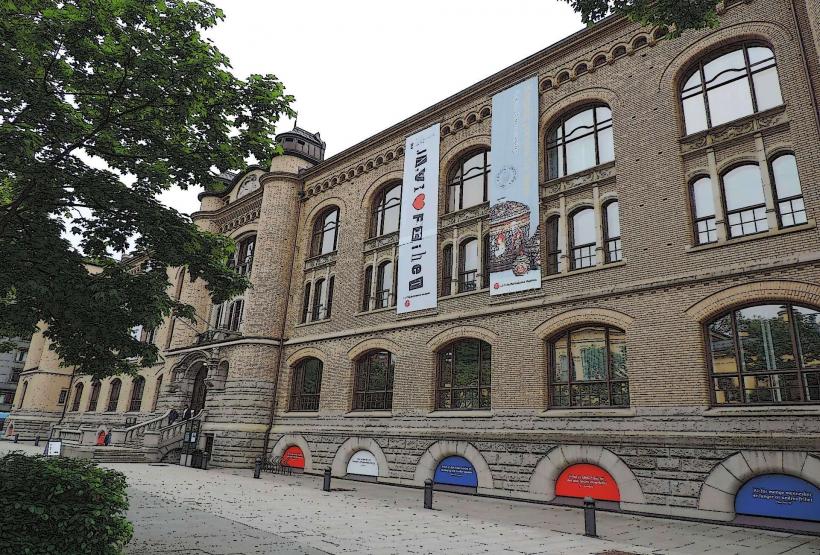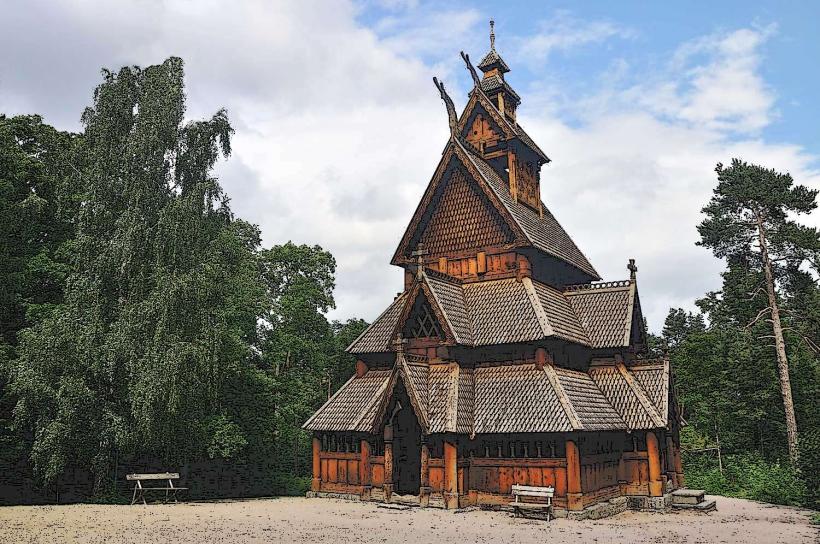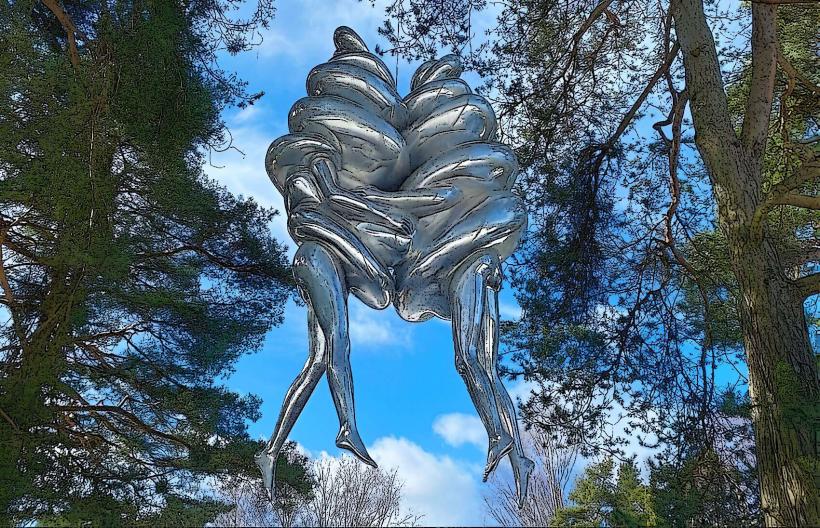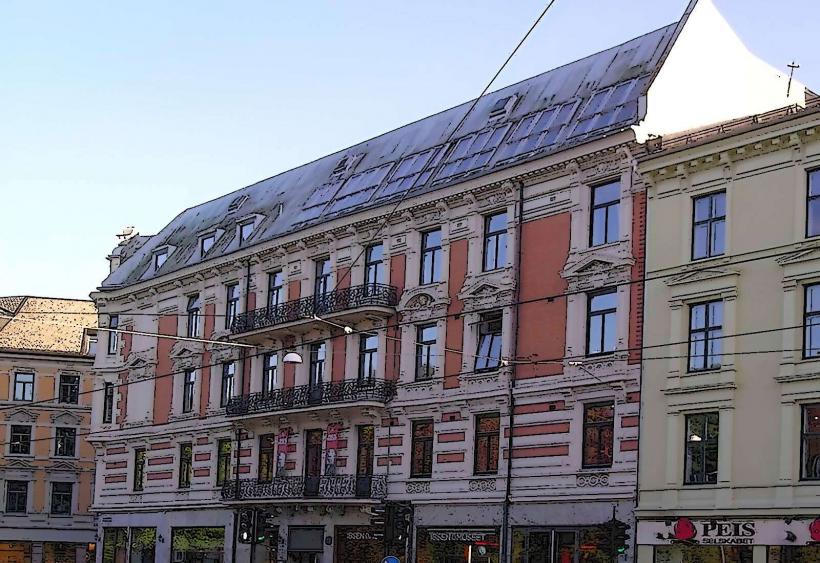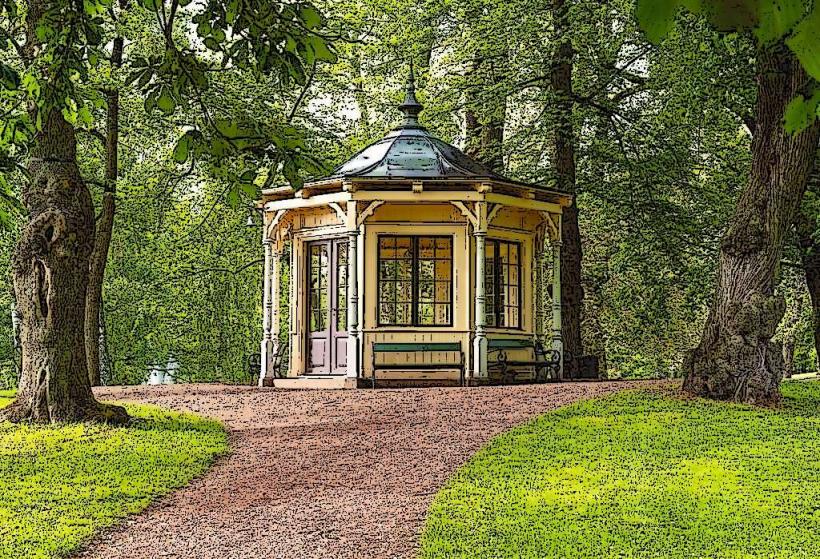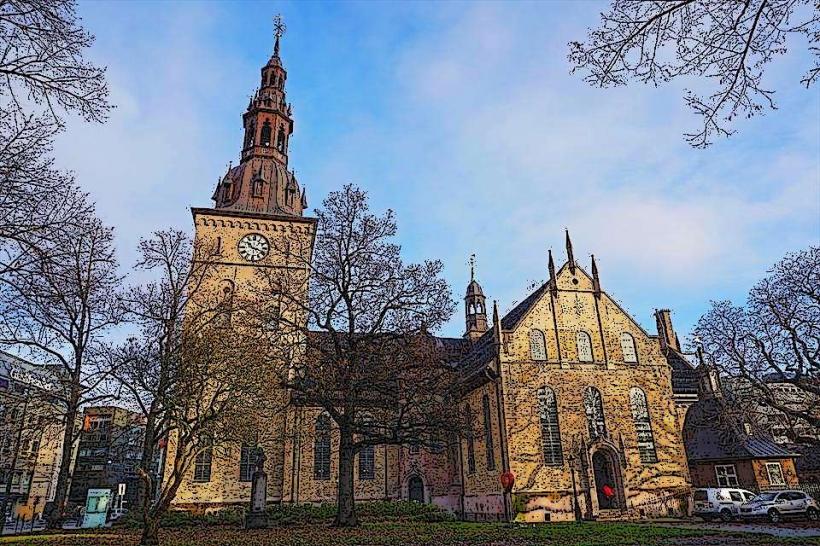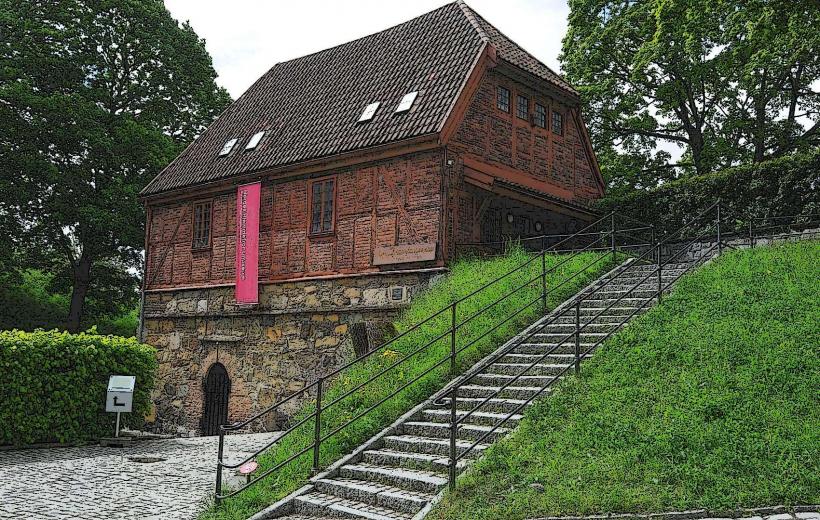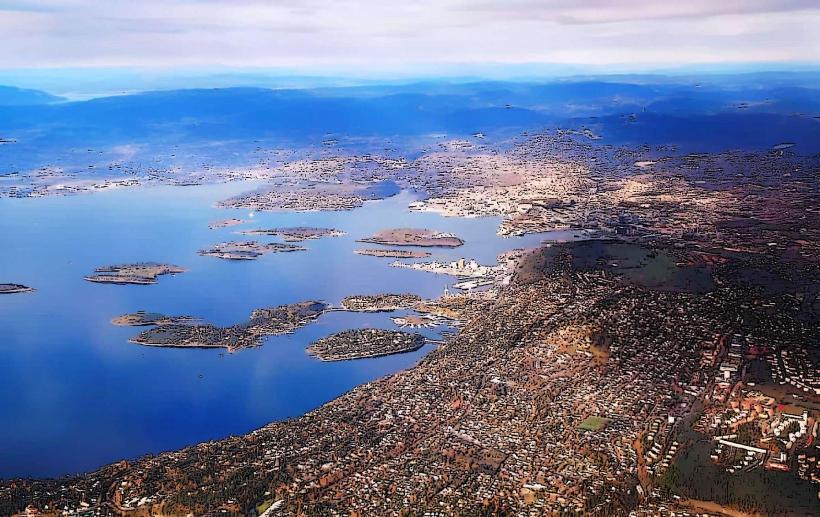Information
Landmark: Grünerløkka DistrictCity: Oslo
Country: Norway
Continent: Europe
Grünerløkka is one of the most vibrant and trendy neighborhoods in Oslo, Norway, known for its artistic flair, youthful atmosphere, and eclectic mix of culture, history, and urban living. Situated to the northeast of Oslo's city center, Grünerløkka has become a popular area for both locals and tourists, offering a wide variety of cafes, boutiques, restaurants, street art, and green spaces. It’s often compared to neighborhoods like Shoreditch in London or Williamsburg in New York City for its alternative, hip vibe.
History of Grünerløkka
Industrial Beginnings: Grünerløkka was originally developed in the 19th century as an industrial area, with factories, mills, and workshops that employed many of Oslo's working class. It was named after the Grüner family, who were key to the development of the area during the early industrial period.
Urban Transformation: Over the years, as Oslo's industrial sector moved elsewhere, Grünerløkka gradually transformed into a residential area. By the late 20th century, the neighborhood began to gentrify, and today it is known for its bohemian charm and hipster culture. Many old buildings were converted into trendy apartments, galleries, and shops.
Key Features of Grünerløkka
Vibrant Street Art Scene:
- Grünerløkka is renowned for its street art and murals, which are visible on many of the district’s walls. The area has become a canvas for both local and international artists, and it hosts a variety of urban art festivals. Walking through the streets of Grünerløkka is like strolling through an open-air art gallery, where creative expressions are showcased in public spaces.
- Key spots like the Møllergata street and surrounding areas are particularly famous for their vibrant graffiti and murals.
Cafés and Coffee Culture:
- Grünerløkka is famous for its thriving café culture, with an abundance of independent coffee shops serving specialty brews. Many of these cafés are located in charming, vintage-style buildings, making them perfect spots for people watching or relaxing.
- Popular spots include Tim Wendelboe, one of the most acclaimed coffee shops in Oslo, known for its focus on high-quality coffee beans, and Café Fedora, a quirky café that offers a laid-back atmosphere and delicious pastries.
Boutiques and Independent Shops:
- The neighborhood is home to many independent boutiques, fashion stores, and vintage shops. Whether you're looking for unique clothing, handmade jewelry, or home decor, Grünerløkka offers a wide variety of locally owned stores that reflect the area’s creative spirit.
- Blå, a combination of bar, club, and cultural venue, is one of the popular spots in the area, offering a variety of events, including concerts and DJ nights, and is a major part of the district’s lively nightlife.
Parks and Green Spaces:
- Grünerløkka is not just about urban life—it also offers plenty of green spaces. The district has several parks and outdoor areas where locals enjoy picnicking, relaxing, or participating in sports.
- Birkelunden Park is a popular public park in the heart of Grünerløkka. It features a farmers' market on weekends, offering fresh local produce, food, and handmade goods. The park is a social hub, especially in the summer when the area is filled with people enjoying the sunshine.
Food and Dining Scene:
- The culinary scene in Grünerløkka is diverse and exciting, with a blend of Norwegian and international cuisine. There are plenty of trendy restaurants, food stalls, and street food vendors offering everything from Nordic-inspired dishes to Mediterranean, Asian, and Middle Eastern cuisines.
- A standout place is Mathallen Oslo, a food hall that brings together various Norwegian and international food vendors under one roof. Visitors can sample fresh produce, local specialties, and global delicacies.
Cultural Venues and Galleries:
- Grünerløkka is home to a variety of art galleries and cultural venues. The district has long been a hub for artists and creatives, so visitors can expect to find contemporary art, photography, and design in many of its galleries.
- The Kunstnernes Hus (Artists’ House) is an important cultural venue located nearby, offering exhibitions of contemporary art and performances.
Nightlife:
- Grünerløkka’s nightlife is a draw for both locals and visitors. The area features a mix of bars, clubs, and live music venues. The nightlife scene is laid-back but lively, and many places feature live bands or DJ sets.
- Popular spots include Bar Boca, known for its cocktails and cozy atmosphere, and HIMKOK, a craft cocktail bar that has been ranked among the world’s best.
Public Transportation and Accessibility:
- Grünerløkka is well connected to the rest of Oslo through public transport. The area is served by several bus and tram lines, making it easy to access from other parts of the city. The nearest metro station is Grünerløkka station, and the district is only a short distance from the Oslo Central Station.
Attractions and Events
Grünerløkka Festival:
- The neighborhood hosts the annual Grünerløkka Festival, which celebrates the area’s cultural diversity with live music, performances, food stalls, and community events. It’s a great way to experience the eclectic nature of the district and engage with local culture.
Markveien:
- One of the main streets in Grünerløkka, Markveien, is lined with an array of shops, cafés, and street art. It’s a wonderful street to explore on foot and is often quieter than some of the more tourist-heavy areas in Oslo. The street offers a mix of the trendy and the traditional, with old buildings housing modern businesses.
Conclusion
Grünerløkka is a dynamic, creative, and thriving neighborhood that perfectly captures the spirit of modern Oslo. It blends history with contemporary culture, offering something for everyone—from art lovers and foodies to those simply looking for a relaxed day out. Whether you’re exploring the local boutiques, enjoying a coffee at one of the many cafés, or soaking in the vibrant street art, Grünerløkka provides an exciting glimpse into the creative heart of the Norwegian capital.

